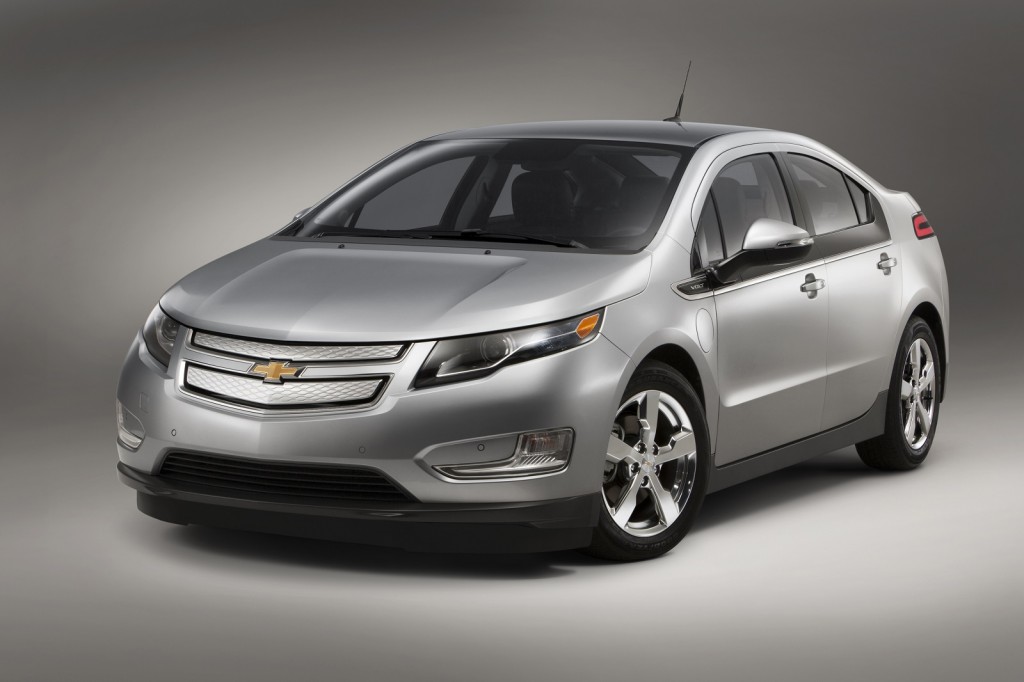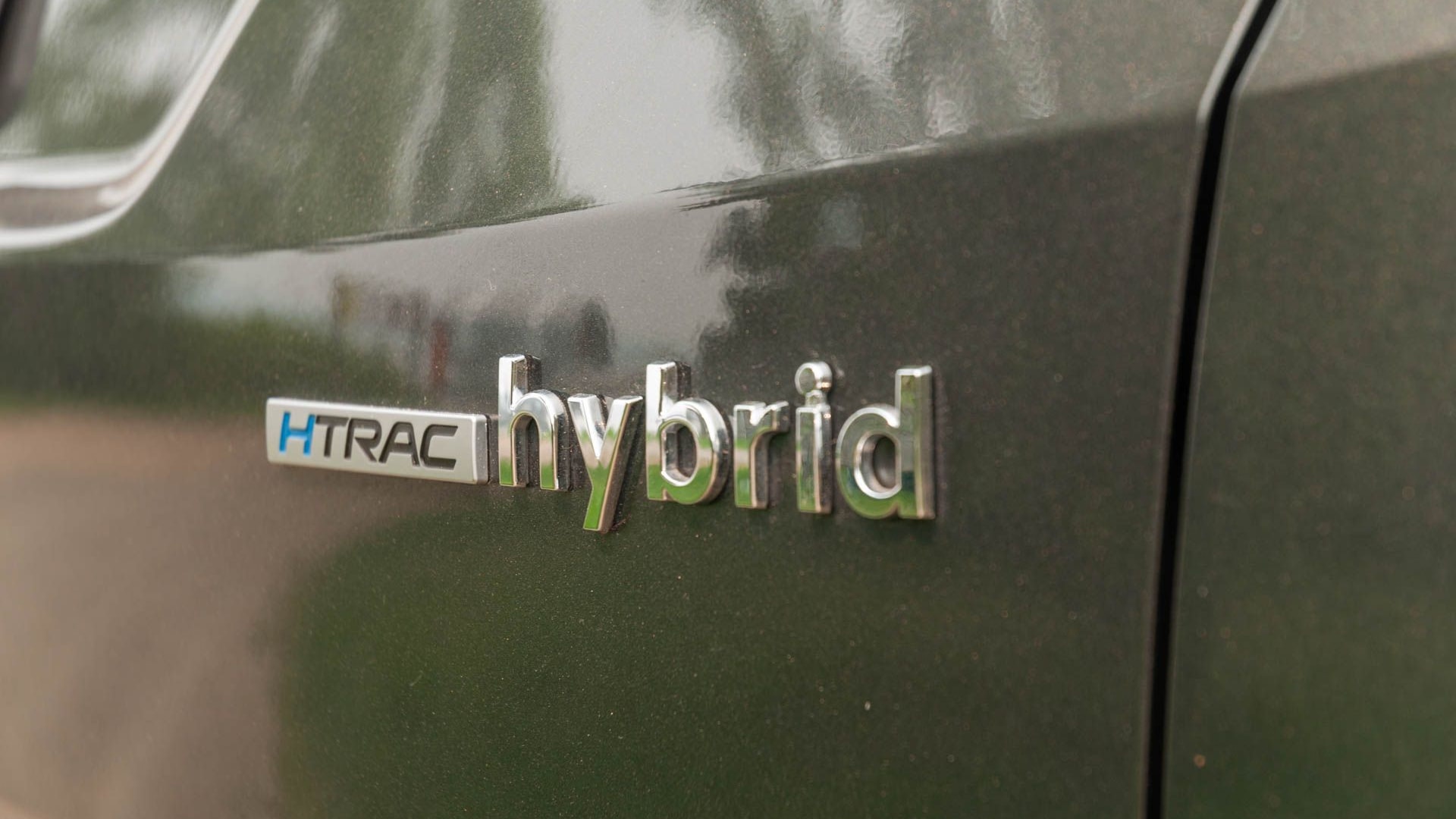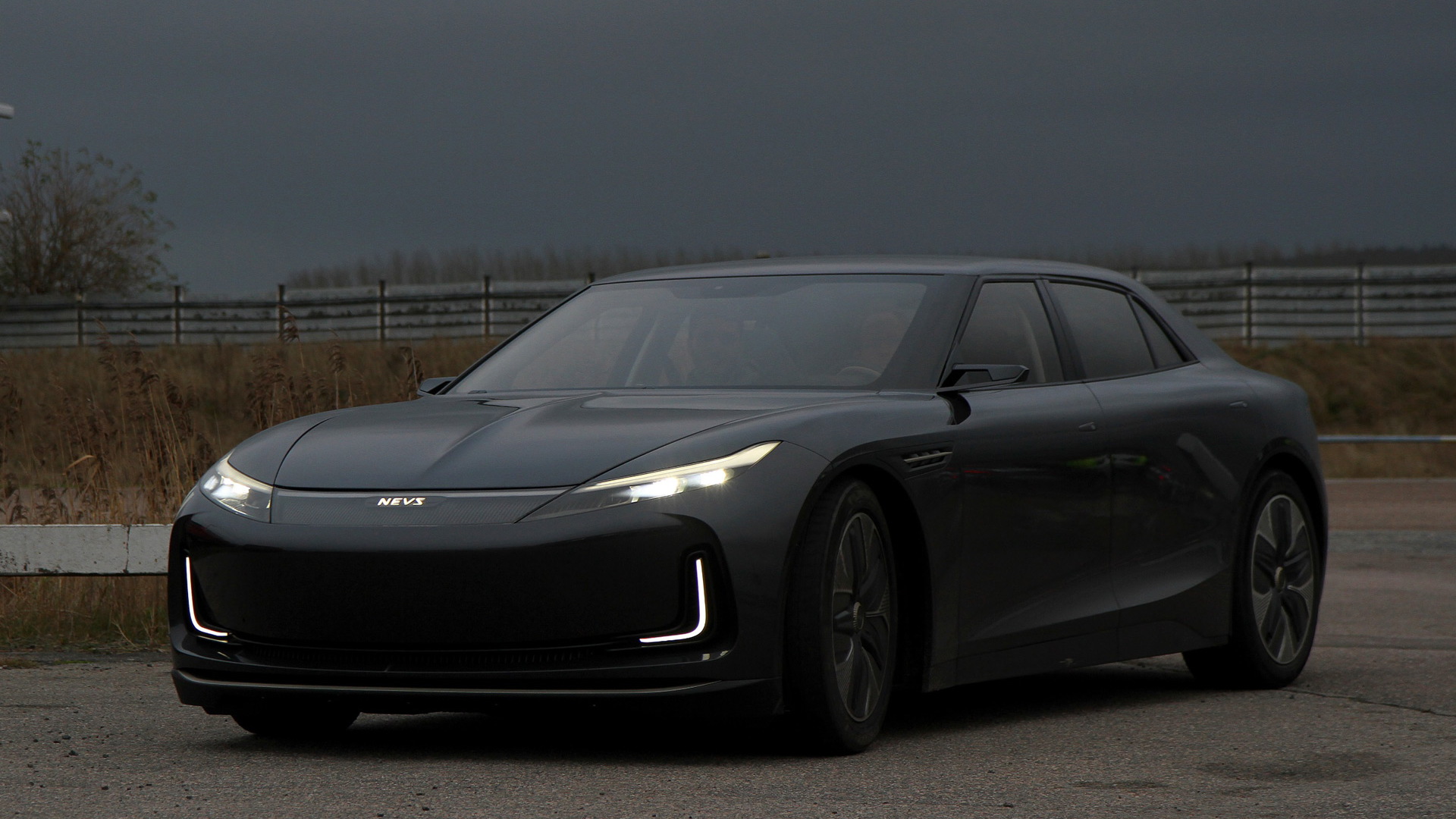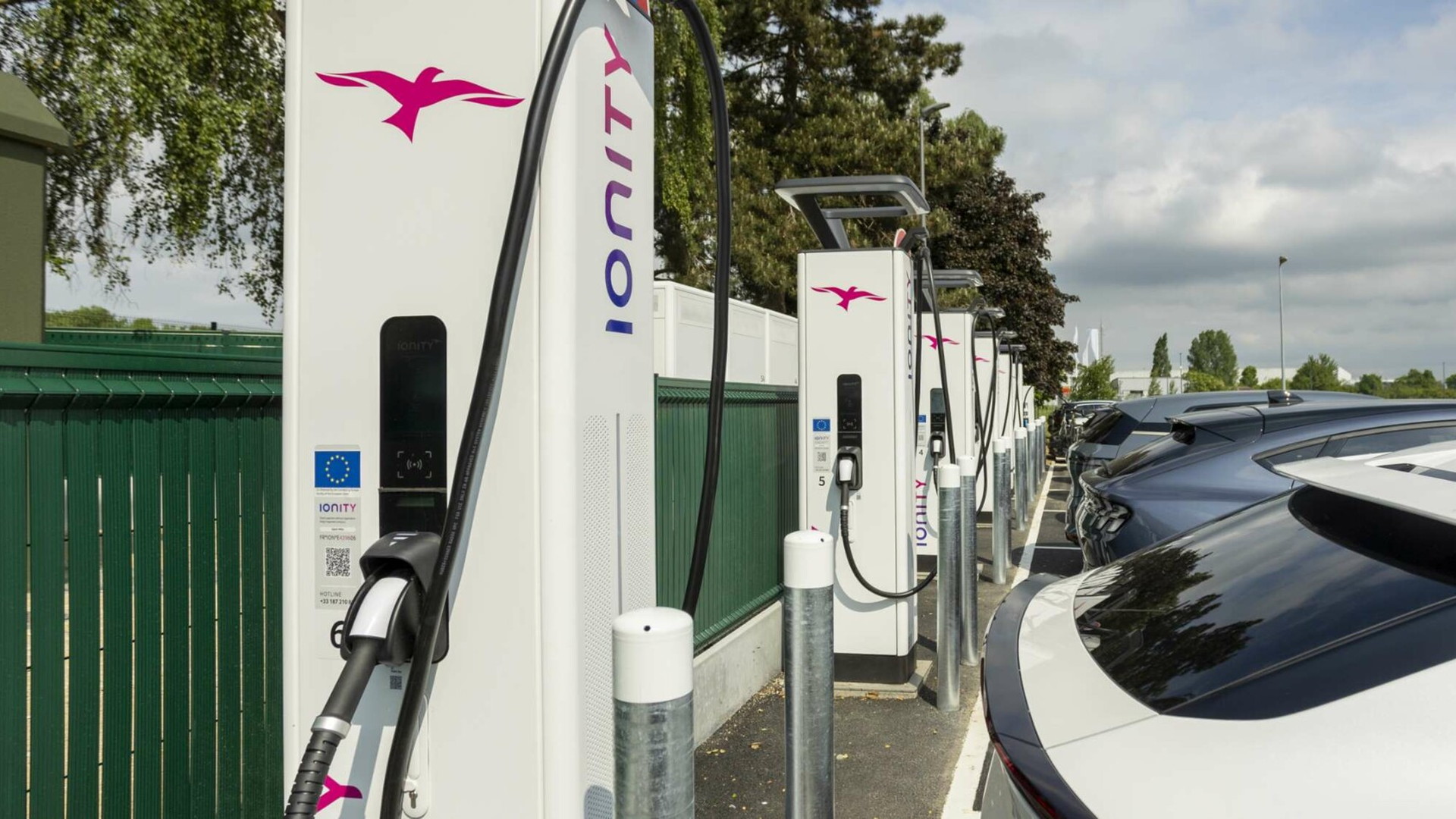Home charging is a necessity for many electric-car owners, but charging-station installations are sometimes met with stiff opposition from homeowner associations.
Perhaps stemming from unfamiliarity with the low cost of electricity and plug-in cars in general, the associations (HOAs) often assume that charging will somehow cause problems for other residents.
MORE: Home Owner Associations & Electric Cars: How To Make It Work (Advice From A Pro)
The altest example of this friction comes from Michigan, where a Chevrolet Volt owner in the town of Waterford had the power in her detached garage cut off after charging her extended-range electric car there, WXYZ Detroit reports.

2015 Chevrolet Volt
Natalie Forte--the Volt owner in question--told the news station that she'd been charging her car in the garage since June, but her condo's homeowner association eventually contacted her about it.
Electricity to the garages is a shared expense residents pay for as part of their monthly HOA fees. The association told Forte that her charging was getting too expensive, and asked her to pay extra for the electricity.
RELATED: Landlords Vs Tenants With Electric Cars: Study Proposes Solutions
Forte agreed to pay $50 and wrote out a check, but the HOA wanted $200 a month.
At the average U.S. electricity cost of 12 cents per kilowatt-hour, that would translate to more than 1,650 kWh--or about 150 recharges of a completely discharged Volt battery each month.

2014 Chevrolet Volt
When Forte refused to pay the higher fee, the HOA cut off power to her garage. She now charges the Volt with a 100-foot extension cord run from her condo.
She says the HOA never cashed her original $50 check, and is accusing the association of gouging and discriminating against her ownership of an electric car.
Sadly, hostility toward electric cars and their owners is nothing new.
ALSO SEE: Landlords Vs Tenants With Electric Cars: The Latest Round
Often HOA administrators with little or no knowledge of the technology are suspicious of what they don't know or understand, often assuming that a resident's charging constitutes electricity "theft."
Electric-car ownership is often a process of of educating the public at large, as demonstrated by these types of situations.
As Natalie Forte's predicament shows, it also involves a modicum of patience--and a properly-rated extension cord.
_______________________________________________












